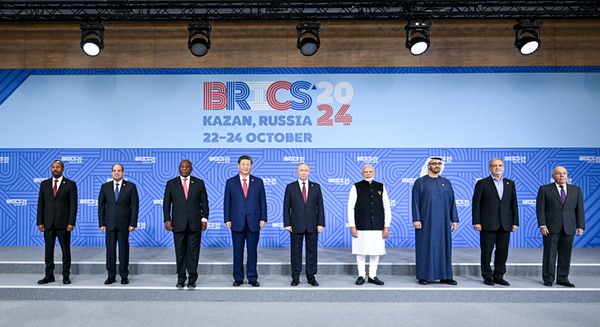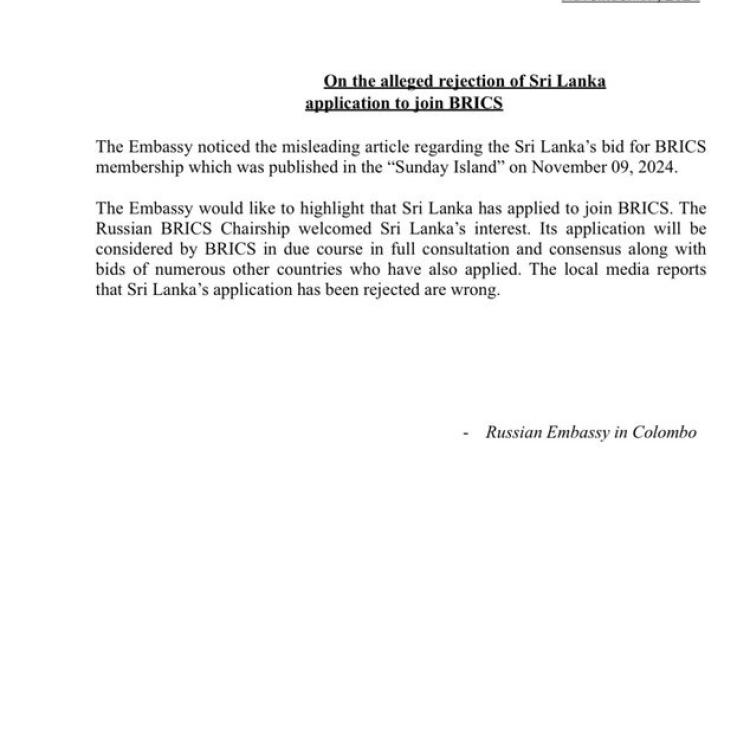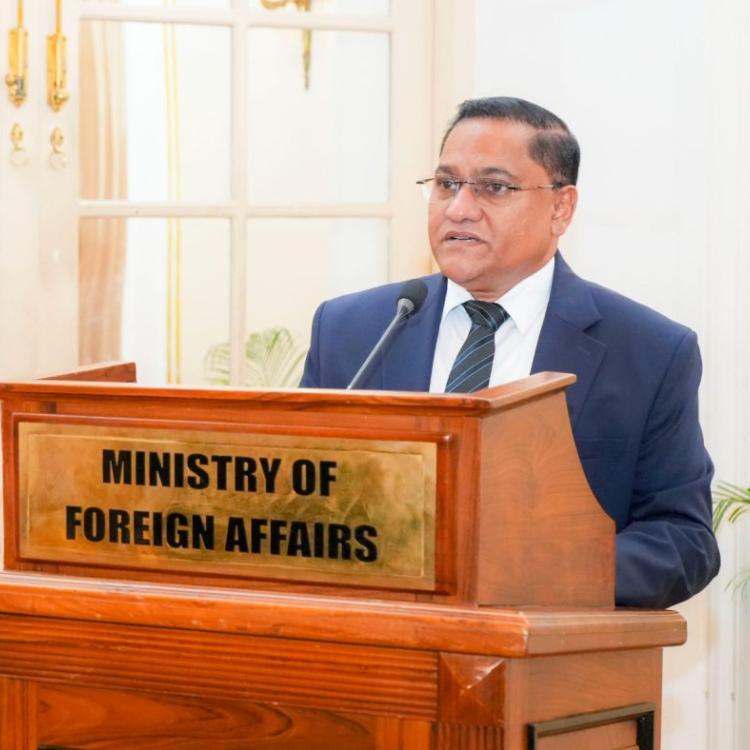
Russian President Vladimir Putin hosted the annual BRICS summit last month in the southwestern city of Kazan – a three-day gathering with leaders from 36 countries, as well as the UN Secretary General in attendance.

Russian President Vladimir Putin hosted the annual BRICS summit last month in the southwestern city of Kazan – a three-day gathering with leaders from 36 countries, as well as the UN Secretary General in attendance.
What is BRICS?
BRICS is an acronym for the coalition of Brazil, Russia, India, China, and South Africa. Established in 2006, the group began with Brazil, Russia, India, and China (BRIC) holding their first summit in 2009, with South Africa joining in 2010. This year’s summit marks the alliance’s 16th meeting and brings together top leaders from member countries to discuss a range of global issues.
In 2023, BRICS expanded its membership, inviting Egypt, Ethiopia, Iran, and the United Arab Emirates to join, though Saudi Arabia has not yet formally accepted its invitation.
This year, one of the summit's most notable developments is the introduction of a new category of BRICS partnership, reportedly offered to 13 countries, though formal confirmation is pending. According to local media, these nations include Algeria, Belarus, Bolivia, Cuba, Indonesia, Kazakhstan, Malaysia, Nigeria, Thailand, Turkey, Uganda, Uzbekistan, and Vietnam.
Sri Lanka has applied but its membership at any level is reportedly still under consideration.
The summit also highlighted BRICS' ambition to decrease reliance on the U.S. dollar and the SWIFT financial messaging network, from which Russian banks were excluded in 2022 as part of Western sanctions. Russian and Chinese trade, for example, is now conducted almost entirely in rubles and yuan, demonstrating a clear shift away from the dollar.
President Putin commented on the dollar’s weaponization, stating, “The dollar is being used as a weapon... This is a big mistake by those who do this.” By promoting trade in local currencies, BRICS nations hope to reduce US financial influence and create a more multipolar global economy.
Xi and Modi’s Bilateral Meeting: Advancing India-China Relations
The Kazan summit provided an opportunity for Indian Prime Minister Narendra Modi and Chinese President Xi Jinping to also discuss bilateral relations. The two countries recently announced an agreement on patrolling arrangements along their disputed border, a sensitive issue that has led to military clashes in recent years. At the summit, Xi and Modi held their first formal meeting in four years and agreed to continue bilateral talks to stabilize the border and strengthen ties.
Following their discussions, both leaders stated that their special representatives would meet soon to manage border issues and explore fair solutions. They also agreed to hold further discussions with their foreign ministers.
In his address, Xi Jinping emphasized the need for BRICS to champion peace, advocating for “common, comprehensive, cooperative, and sustainable security.” He called on BRICS members to resist expanding conflicts, avoid escalating hostilities, and pursue de-escalation in Ukraine. Xi also urged an immediate ceasefire in Gaza, reaffirming BRICS’ support for a “comprehensive, just and lasting resolution of the Palestinian question.”
Russian President Putin echoed these sentiments, reinforcing the importance of BRICS cooperation in establishing global security and a fair world order. “We intend to further increase coordination in all multilateral platforms to ensure global security and a just world order,” he told Xi.
The Kazan Declaration
The Kazan Declaration, released at the end of the summit, touches on several key themes including on global human rights, peace, and regional conflicts.
The statement reaffirms a commitment to upholding human rights universally, underlining “the need for all countries to cooperate in promoting and protecting human rights and fundamental freedoms under the principles of equality and mutual respect.” It calls for the non-politicized, non-selective treatment of human rights issues within international forums like the United Nations General Assembly and Human Rights Council.
The text denounces unilateral economic sanctions and other “coercive measures”, calling for the elimination of such measures due to their disproportionate impact on vulnerable populations.
It goes on to “reiterate our grave concern at the deterioration of the situation and humanitarian crisis in the Occupied Palestinian Territory, in particular the unprecedented escalation of violence in the Gaza Strip and in West Bank as a result of the Israeli military offensive”.
“We stress the urgent need for an immediate, comprehensive and permanent ceasefire in the Gaza Strip, the immediate and unconditional release of all hostages and detainees from both sides who are being illegally held captive and the unhindered sustainable and at scale supply of humanitarian aid to the Gaza Strip, and cessation of all aggressive actions,” it adds. “We denounce the Israeli attacks against humanitarian operations, facilities, personnel and distribution points.”
There’s also a call for “full respect of international humanitarian law in conflict situations.”
On Ukraine, the statement “notes with appreciation relevant proposals of mediation and good offices,” emphasizing the need for peaceful dialogue and diplomacy.
Read the full declaration here.



